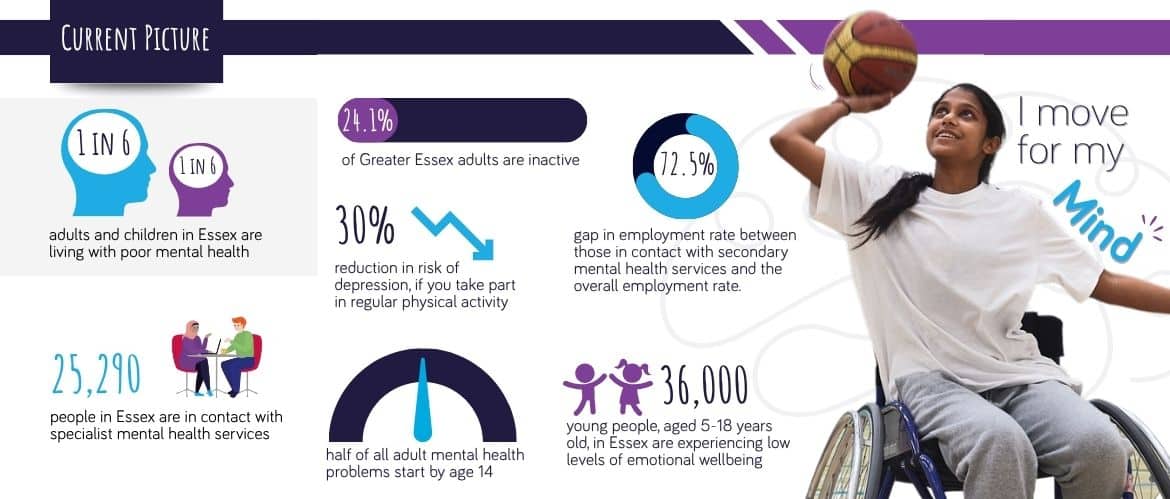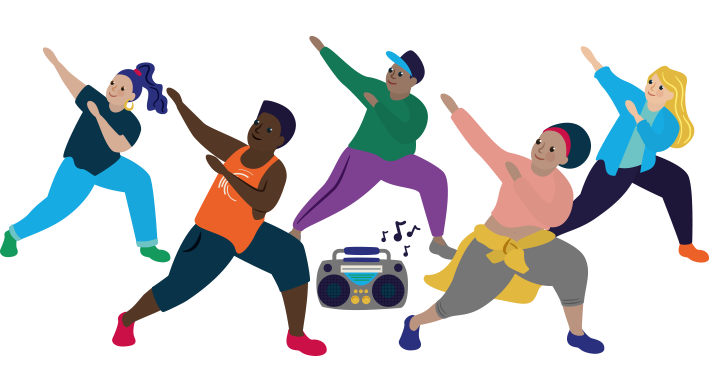Almost half (45%) of UK adults feel that their mental health and wellbeing can be improved through physical activity, and science shows that getting active can help reduce stress, boost mood, and improve overall wellbeing. Movement stimulates the release of endorphins – your body’s natural happiness boosters – helping to build resilience and leaving you feeling more balanced, energised, and ready to take on life’s challenges with a clearer mind.







